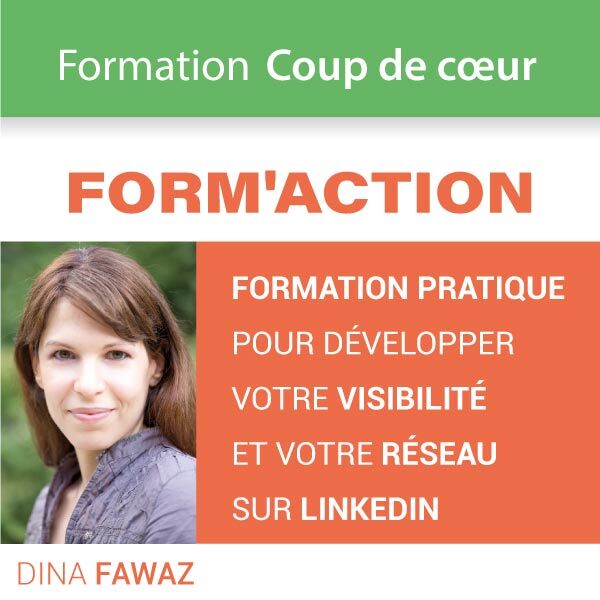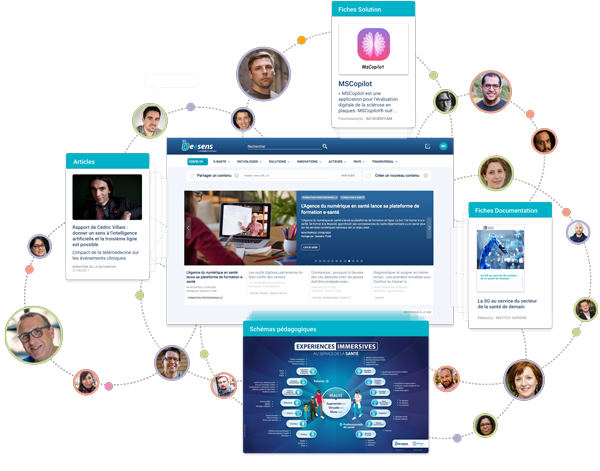"Heart attack mortality risk scores—currently calculated under the Global Registry of Acute Coronary Events (“GRACE”) 2.0 model—are relatively accurate for male patients, but often underestimate in-hospital mortality for female patients. Now, researchers have developed a new scoring system, based on artificial intelligence (AI), that they think can change that trend. The group published its findings in The Lancet.[1]
The consistent underscoring of women’s risk levels has had important consequences for in-hospital treatment, the researchers wrote. For patients with a GRACE score that falls in the “low-to-intermediate” risk category, early invasive treatment is not indicated—which could be one of many reasons that women suffer from higher overall heart attack mortality than men. Combined with the fact that women often experience and report different symptoms than men during a heart attack—such as abdominal pain radiating to the back, nausea, or vomiting—they may miss out on early opportunities for care.
“The study shows that established risk models which guide current patient management are less accurate in females and favor the undertreatment of female patients,” first author Florian A. Wenzl, MD, of the Center for Molecular Medicine at the University of Zurich, said in a statement about the study.
After establishing the inaccuracy of the GRACE 2.0 scores for women, the study’s researchers then used a dataset representing more than 420,000 heart attack patients across Europe to develop a new AI-driven scoring system, which they found actually had a high level of accuracy in predicting mortality for both men and women.
“Using a machine learning algorithm and the largest datasets in Europe, we were able to develop a novel AI-based risk score which accounts for sex-related differences in the baseline risk profile and improves the prediction of mortality in both sexes,” Wenzl said in the same statement..."
Lire la suite
How AI can boost care for female heart attack patients
CARDIOVASCULARBUSINESS, 01/09/2022
Partagé par :
Beesens TEAM

Informations liées
Thématiques
Accueil Intelligence Artificielle
Machine Learning
Accueil Cardio-vasculaire
Insuffisance Cardiaque
Structures
HAS










